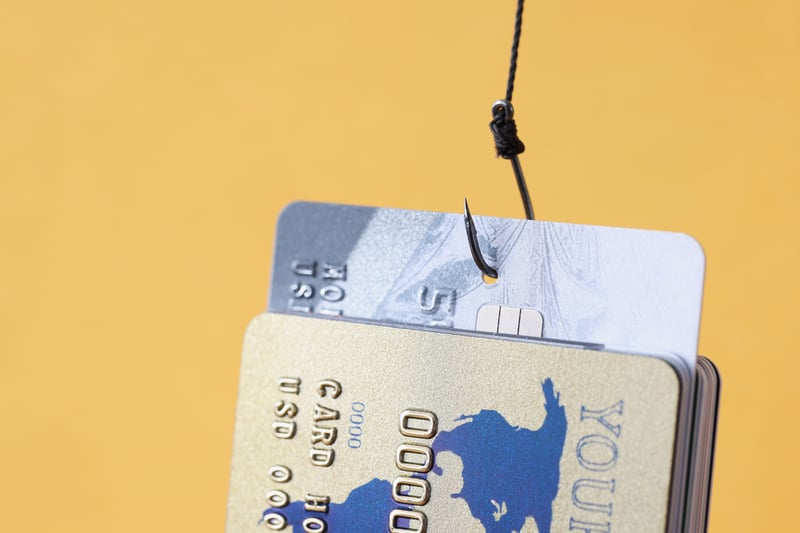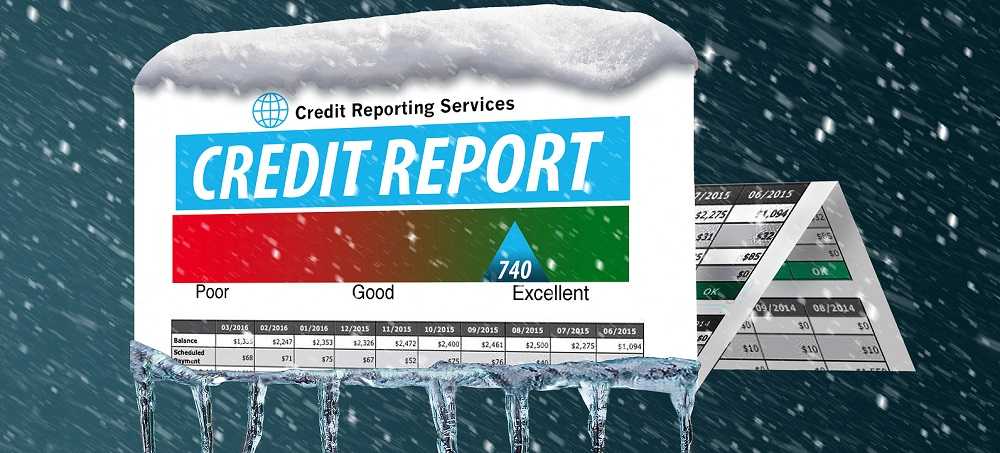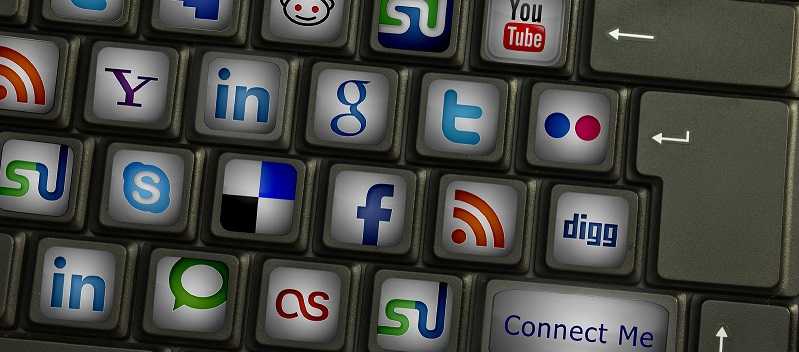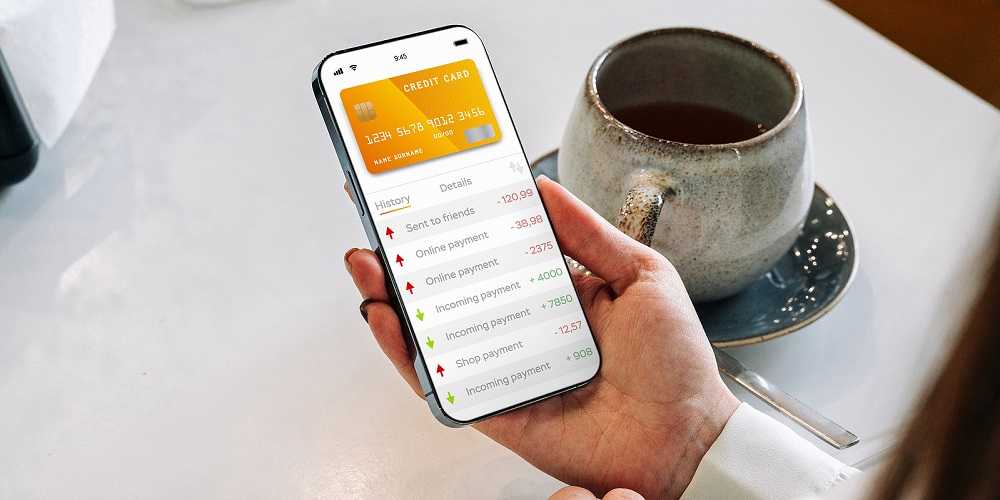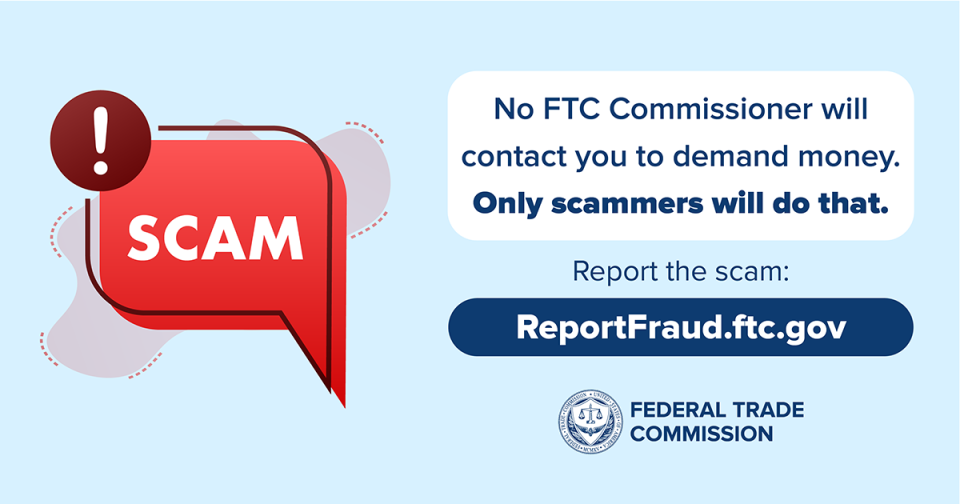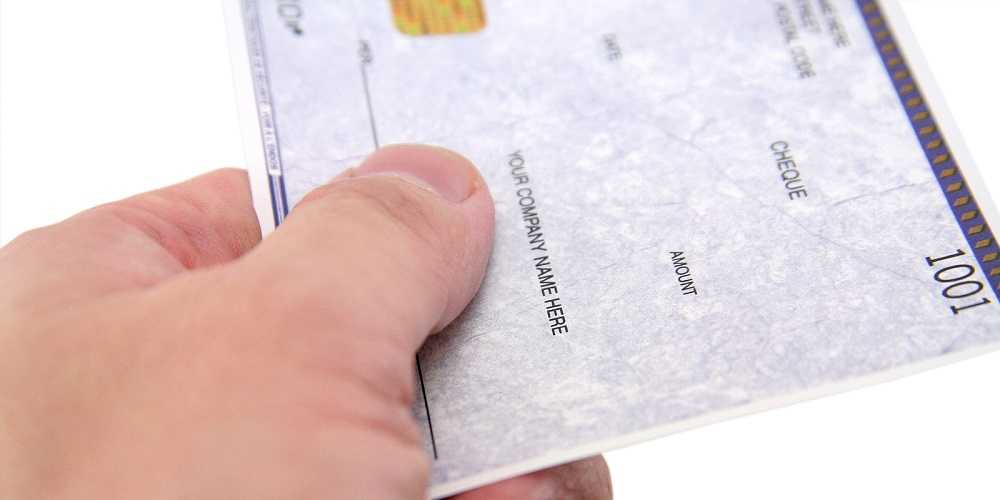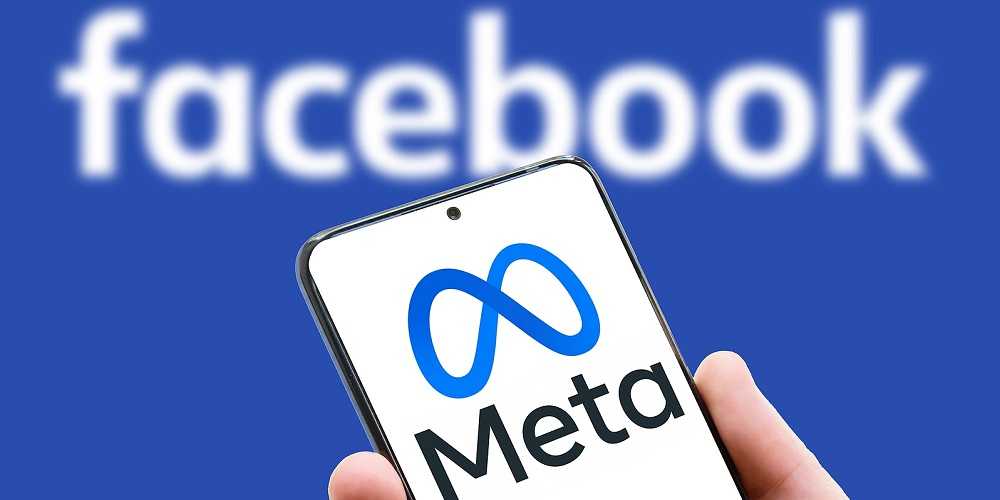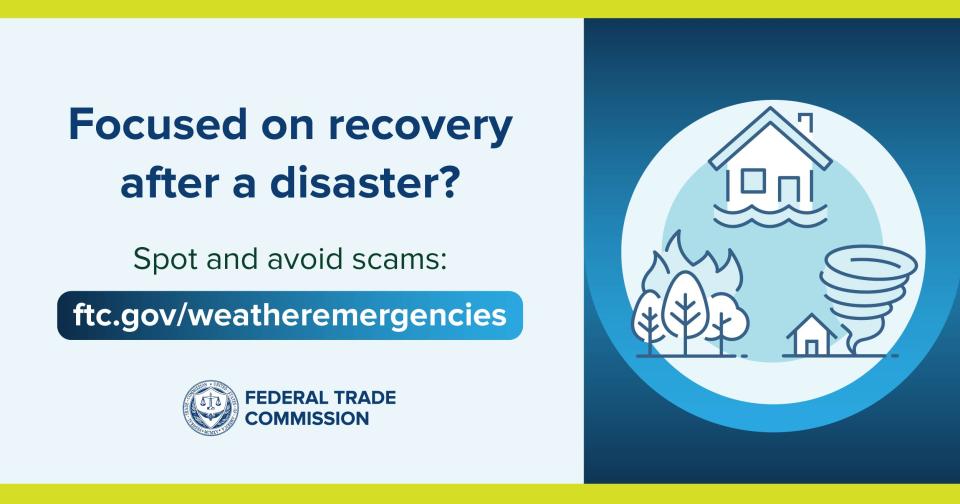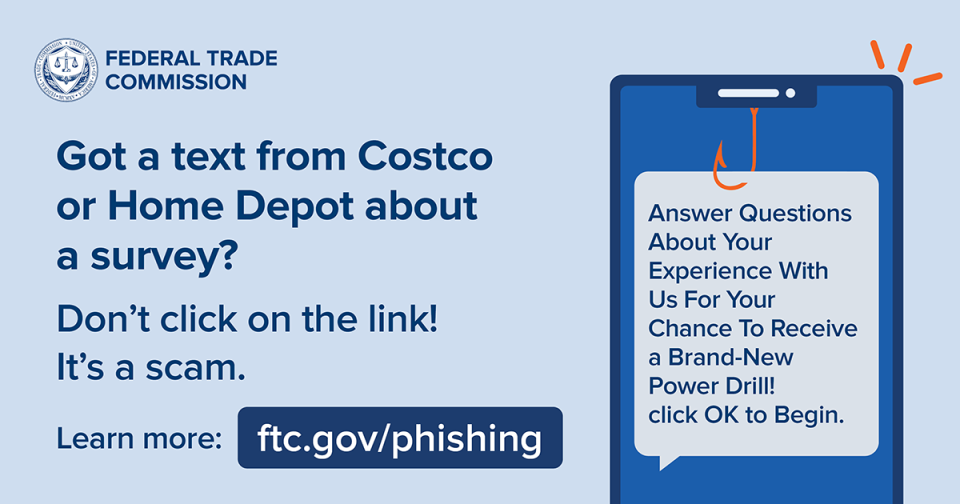FTC Consumer Response Center 1-877-382-4357
Smartwatches have quickly gone from sci-fi to commonplace, and it’s easy to see why. Users can conveniently manage messages, music, fitness, and more right from their wrists as they go about the day.
It was all over the news, but ZDNet's Eileen Yu was one of the first:
"Hacker is believed to have breached Uber's entire network in a social engineering attack, which one security vendor says is more extensive than the company's 2016 global data breach and access logs potentially altered."
By now we’ve seen news clips showing the chaos at airports all over the country. Over-booked flights and airline staff shortages are leading to massive flight cancellations and hours long wait times to board a plane.
Bank of America recently sent a customer service email warning users to watch out for this new phishing attack.
Threat actors are sending realistic texts requesting that you send money using Zelle® as payment due to a 'fraud alert'.
Searching for a new place to live can be stressful enough, but when rental scammers get involved the stress ratchets-up into overdrive. These scams have become so common and financially devastating that the Federal Trade Commission (FTC) got involved to help keep them from happening.
Email scammers sent an Uber to the home of an 80-year-old woman who responded to a well-timed email scam, in a bid to make sure she went to the bank and wired money to the fraudsters. In this case, the woman figured out she was being scammed before embarking for the bank, but her story is a chilling reminder of how far crooks will go these days to rip people off.
Having your private information or identity stolen is no picnic. It takes quite a long time to make it right, so one of the best ways to help ensure that neither happens in the first place is to protect it as much as you can.
We love social media these days. Facebook, Snapchat, Twitter, LinkedIn, and many others can lead to lots of sharing and fun, but also carry significant risks.
It’s easy to think of our mobile banking apps as another gift from technology, helping make our lives more convenient. Banking apps provide customer-convenient access to our funds, 24/7/365.
Scammers have been calling, pretending to be people from the FTC. While the names they use might be real, they’re actually scammers — some of them hoping to trick you into thinking they’re an FTC Commissioner.
A money mule scam is when someone sends money to you and asks you to send a portion of it to someone else. They often ask you to use gift cards or wire transfers. The money they are providing you is likely stolen.
If you receive a WhatsApp message from a loved one asking for financial help, it’s a very good idea to become a bit of a private investigator before turning over any funds.
Immediately following weather-related disasters — like the devastating fires in California and the deadly flooding in Kentucky and surrounding states — scammers come out of the woodwork. As usual, they’re after your money and personal information.
When you go to your Facebook login page, you’re likely to see a pop-up window asking if you’d rather sign-in using your Google account credentials. It’s hard to resist…it’s easy, convenient, and you don’t have those pesky password problems.
Sorry to burst your bubble. That unexpected text from the Postal Service (USPS), Costco, or The Home Depot telling you about an unclaimed package or a survey you can complete to claim a freebie is NOT from them. It’s a scam.
Scammers are using invoices sent through PayPal.com to trick recipients into calling a number to dispute a pending charge. The missives — which come from Paypal.com and include a link at Paypal.com that displays an invoice for the supposed transaction — state that the user’s account is about to be charged hundreds of dollars. Recipients who call the supplied toll-free number to contest the transaction are soon asked to download software that lets the scammers assume remote control over their computer.





